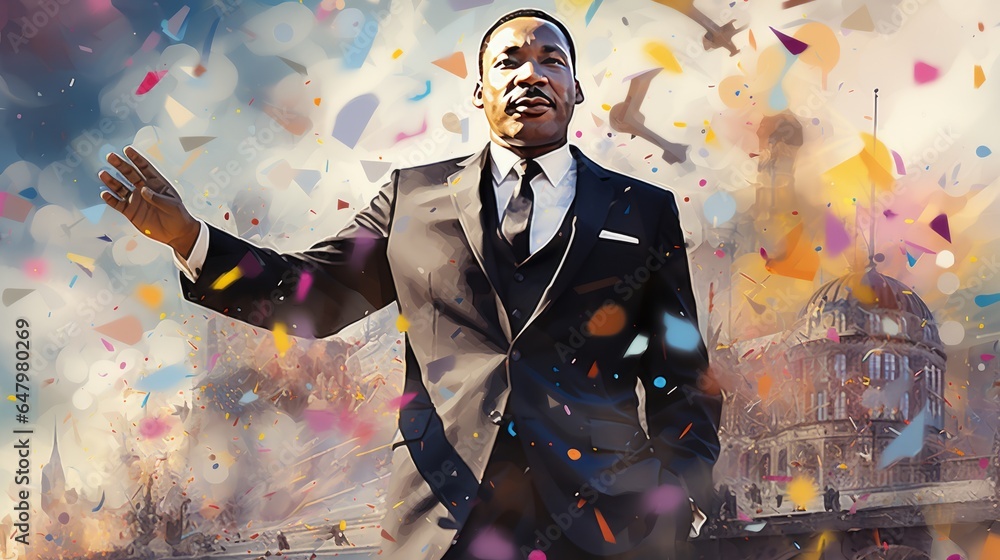
In every wise struggle for human betterment, one of the main objects, and often the only object, has been to achieve in large measure equality of opportunity. In the struggle for this great end, nations arise from barbarism to civilization, and through it people press forward from one stage of enlightenment to the next. One of the chief factors in progress is the destruction of special privilege.
Theodore Roosevelt, The New Nationalism
Politics has been most simply described as a contest between the “ins” and the “outs”. Those who are “in” eventually succumb to Lord Acton’s proverb that power corrupts. The “outs” then try to hold them accountable, while the “ins” desperately try to justify and preserve the privileges of their power. Monarchies tried to claim a “divine right” to their power and nineteenth century robber barons adopted the theory of social Darwinism to justify the inequality of the Gilded Age. This quotation from Theodore Roosevelt’s New Nationalism emphasize the importance, indeed the inevitability, of the defeat of such excuses for power and the outdated assumptions that underlie them.
Globalism has become the latest ideological excuse used by international elites to preserve their privileges in today’s world. This philosophy believes economic and foreign policy should be made on a global basis without regard to any particular nation’s needs or interests. Politicians thus have a duty to improve the lives of every person on earth equally regardless of national boundaries. Peace will occur when there is worldwide homogeneity in economic, political and cultural conditions and practices.
In theory, these goals are laudable and its attraction has deep roots in Western civilization and history (see my series on “Nationalist Foreign Policy – A History” under the Foreign Policy tab above). It becomes particularly attractive during waves of economic globalization. Here is where we need to clearly distinguish globalism from globalization. Globalization is a socioeconomic phenomenon involving a significant increase in trade and cultural knowledge across national borders. When Marco Polo arrived in Chinese Emperor Kublai Khan’s court in 1275 AD, he was part of such a wave of globalization made possible by stable and safe trade routes through Central Asia from Europe to Asia. The history of this process has been brilliantly told in Prof. Peter Frankopan’s book” The Silk Roads”, which describes how periods of global trade and cultural contact changed the world from ancient to modern times. However, these waves would prove to be temporary. Globalization could not survive a nation’s love of its own culture and desire for independence.
This latest wave of globalization began in the 1960’s with the Kennedy Round of tariff reductions, continued during the latter part of the Cold War and then took off after it ended. A new international elite whose disproportionate privileges arose from the benefits of this wave then proclaimed a “New World Order” dedicated to spreading their interpretation of democracy and free enterprise throughout the world. This became the basis of modern globalism and achieved a bipartisan consensus in American politics.
Meanwhile, American elections continued to be fought over the increasingly vacuous divide between big vs. small government. The debate over the domestic and international costs of the new order were incorporated into this old debate. Four ideologies, each with their own goal or god, emerged:
- Corporate globalism and the god of efficiency
- Socialist globalism and the god of equality
- Ethnic nationalism and the gods of blood and soil
- Progressive nationalism and the goal of community
In the perfect world, each of these ideologies would be represented by four different political parties. The real world of our two-party system requires American voters to research each candidate individually and determine which of these ideologies best matches the candidate’s philosophy and positions. As we approach the 2024 election, the American people need to become familiar with the basic premises underlying each of these new ideologies, the political philosophy behind them and their current leaders. My next four posts will undertake that task, starting with a survey of the tenets of corporate globalism.


